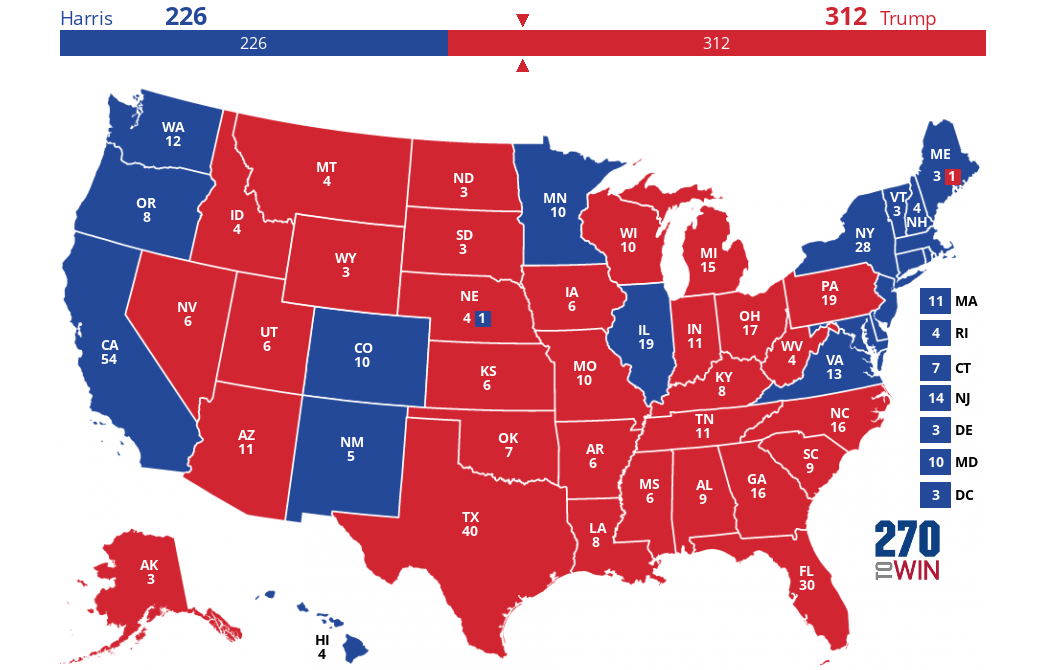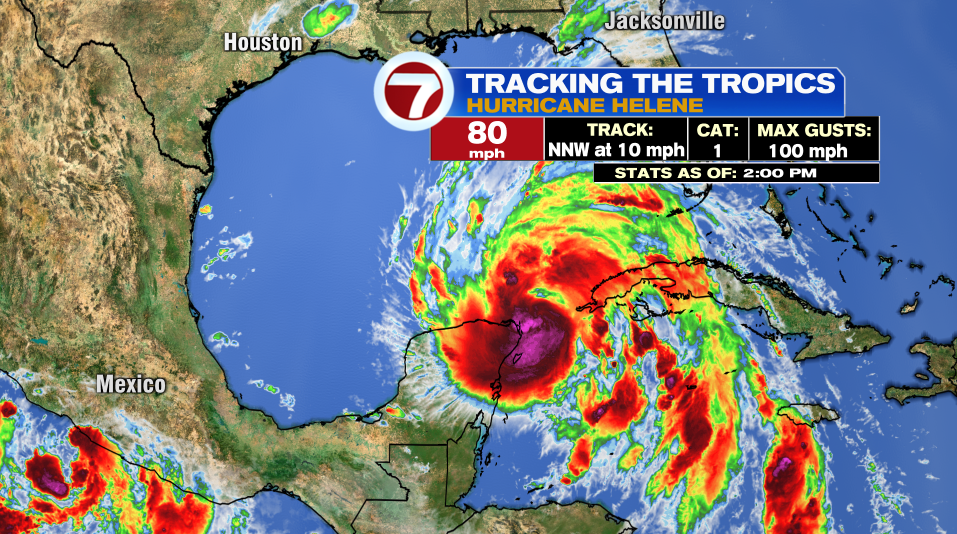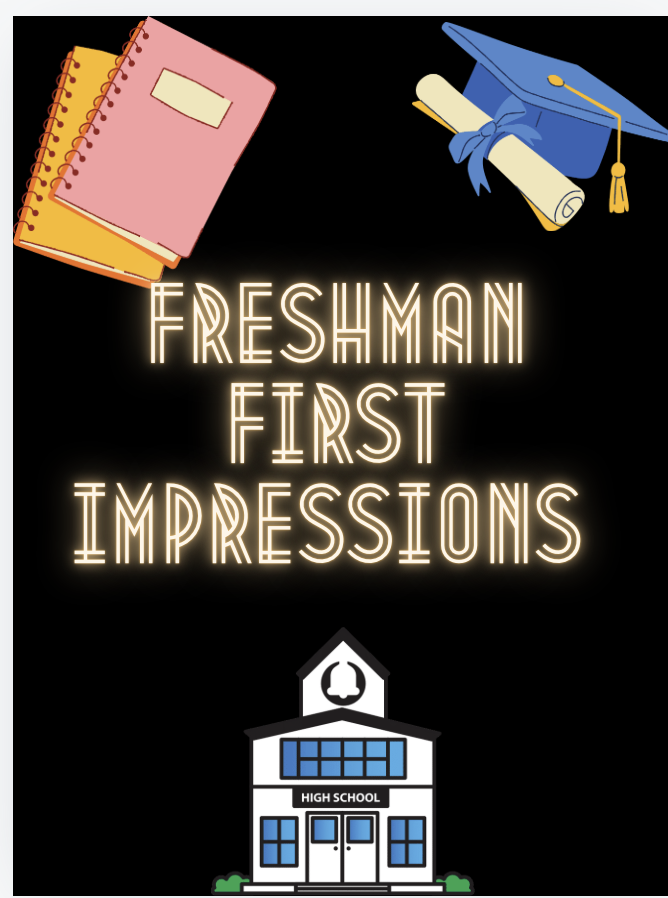On May 2, 2023, at 12:01 AM, the Writer’s Guild of America (WGA) went on strike for fair wages and protection against the use of artificial intelligence in Hollywood. The Hollywood writers refused to write, edit, or sell scripts to the major film studios under the Alliance of Motion Picture and Television Producers (AMPTP).
Executives of the studios under the AMPTP adopted many tactics to try and crack down on this strike. The major studios cut down trees to eliminate the shade that the writers were using for cover during hot days on the picket line. They even went as far as to state how their game plan was to wait “until union members start losing their apartments and losing their houses.” The AMPTP fought rigorously to beat the WGA back into submission, but the Hollywood writers, like most creative people, are a stubborn bunch. They refused to fall back under the oppressive thumb of the AMPTP. The writers fought with the utmost grit and determination, and alas, they won!
One hundred forty-three days after the strike began, the WGA negotiating committee and the AMPTP worked out a tentative agreement after five consecutive days of negotiations. This agreement was a massive victory for the Hollywood writers and gained them many benefits.
Such benefits include a raise in wages over the course of a three-year period by 12.5%. This pay increase will begin with the ratification of the contract, increasing the writer’s pay by 5%. The additional increase will come in the following two years, with a 4% increase in the second year and a 3.5% increase in the third.
Originally, the WGA had demanded a 16% increase in pay over the course of a three-year period. The increase the WGA actually received is 3.5% below what they desired, but any raise in wages is a positive.
Along with the increase in pay, the WGA also secured a 76% increase in foreign streaming residuals. This will increase the writer’s residuals from streaming services, such as Netflix, Hulu, and Max, significantly. The WGA reported that residuals from Netflix will increase from $18,684 to $32, 830 for a single hour-long episode.
Writers also received a “viewership-based streaming bonus” between $9,000 to $40,500. The amount of the bonus is dependent on the length of the show and the show’s budget. In order to track the viewership of a show, the AMPTP has agreed to share the total amount of hours streamed both domestically and internationally with the WGA.
The WGA also managed to get the AMPTP to agree to staff requirements, which was the aspect of the strike that the major studios were most against. The agreement forces studios with the AMPTP to hire at least three writer-producers for a show and these writers must remain employed for at least ten consecutive weeks.
The minimum number of employed writers increases once the show is greenlit and has more than seven episodes being produced. An additional writer is then required to be added to the staff after every thirteen episodes a show runs. This part of the contract is vital to many writers, who have felt that studios were purposefully dwindling the number of writers working on a show at a time.
The last section of the agreement handles the use of artificial intelligence in Hollywood. Initially, the AMPTP intensely fought against the idea of outright banning the use of AI to write material. But the WGA has cracked the nut and got major studios to agree on a ban of using AI to write source material or rewrite human writers’ work.
However, AI is still allowed to be used by writers to aid them in the process of writing, such as editing or changing the format of a script. If AI is used by a studio, that studio must inform the WGA that the script contains AI-generated material.
After the agreement was drafted into a legal contract, the WGA members anonymously voted to end the strike and ratify the agreement. The writers were therefore permitted to resume their work on Wednesday, September 27, 2023, at 12:01 a.m.
This deal is monumental:a landmark for all laborers across the country. The ripple effect of this strike is already seen. The UPS drivers threatened a strike and got their demands met. And just this week, the automotive industry went out on strike for better compensation and pensions. The power is shifting to the hands of the laborers, and unions are taking advantage of this.






